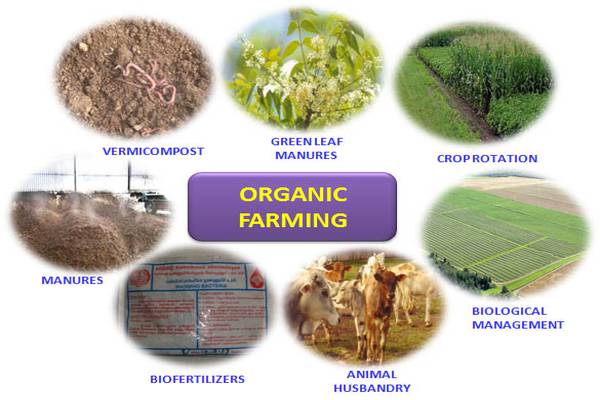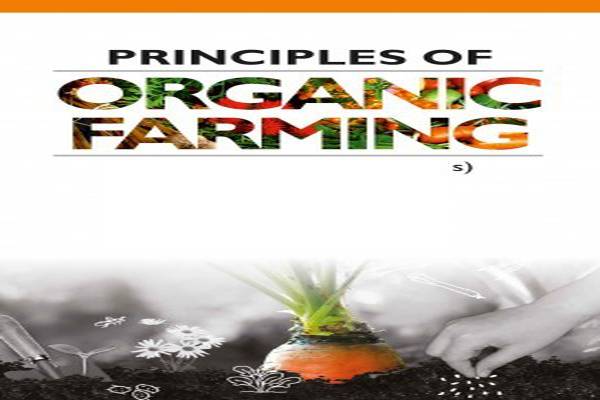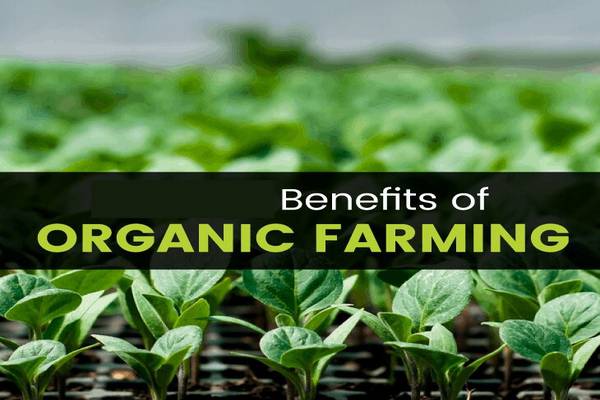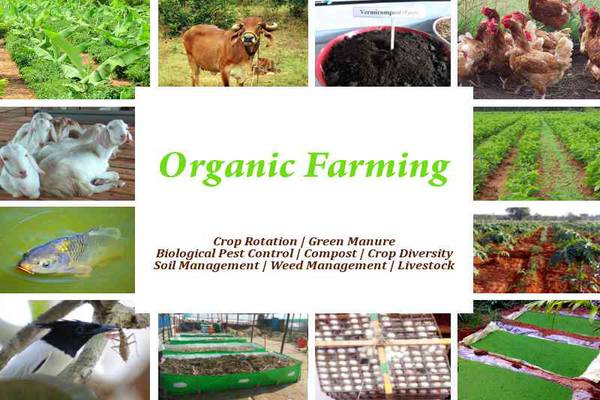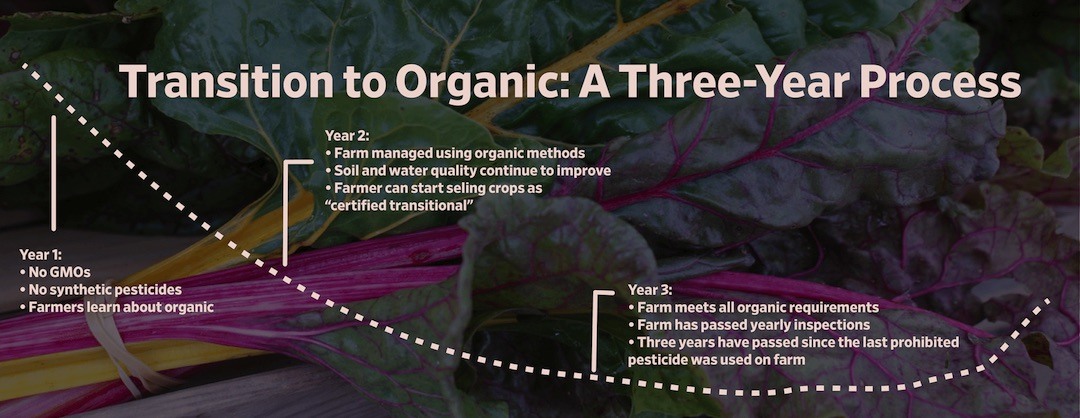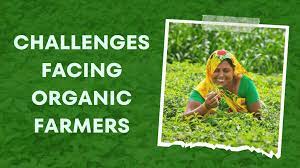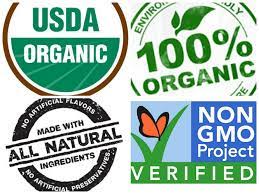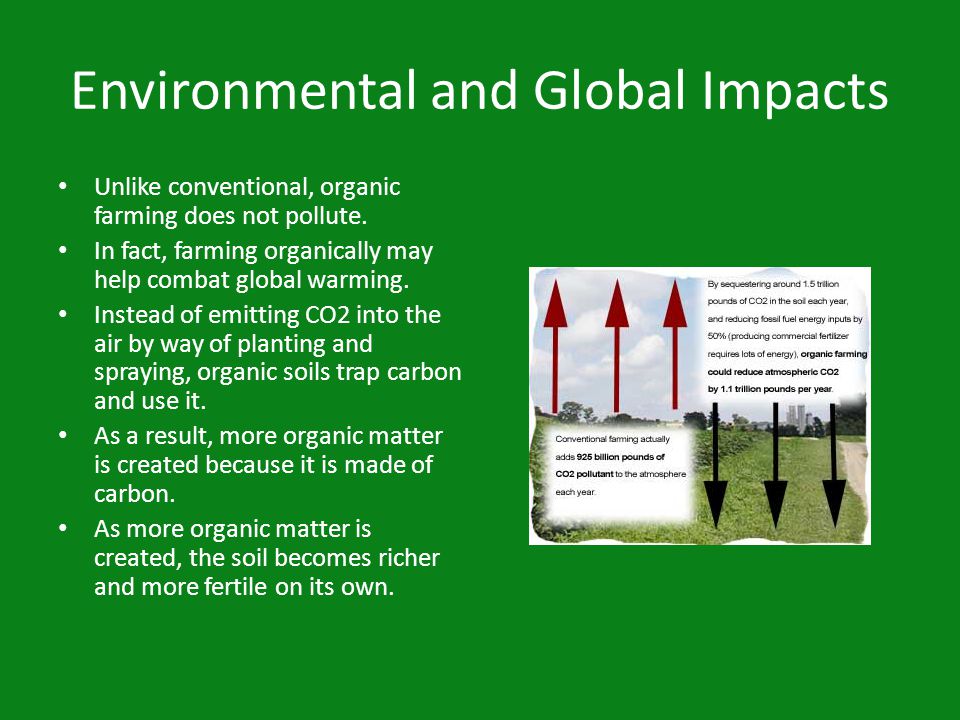Organic Farming: Cultivating Nature's Way For Sustainable Agriculture
Drafted by: vijaychourey26@gmail.com
In today's world, where sustainability and environmental consciousness are paramount, organic farming has emerged as a viable solution to conventional agricultural practices. With a focus on minimizing chemical usage, promoting biodiversity, and enhancing soil health, organic farming stands as a beacon of hope for a greener and healthier future. In this article, we will delve into the world of organic farming, exploring its principles, benefits, and how it contributes to a more sustainable agricultural landscape.
Introduction To Organic Farming
Organic farming is more than just a method; it's a philosophy that emphasizes the harmonious coexistence between agricultural practices and nature. Unlike conventional farming, which heavily relies on synthetic pesticides and fertilizers, organic farming harnesses the power of natural systems to cultivate crops and raise livestock.
Principles Of Organic Farming
Resilience
Organic farms prioritize building resilient ecosystems that can withstand external pressures. This is achieved through diverse crop varieties, which act as a natural defense mechanism against pests and diseases.
Biodiversity
Biodiversity is a cornerstone of organic farming. By cultivating a wide range of crops, farmers encourage beneficial insects and organisms that maintain a healthy ecological balance.
Natural Fertilizers
Organic farming eschews synthetic fertilizers and instead focuses on natural alternatives like compost, manure, and cover crops. These methods enrich the soil and improve its structure.
Soil Health
Maintaining soil health is paramount in organic farming. Practices like crop rotation and minimal soil disturbance enhance soil structure, water retention, and nutrient availability.
The Benefits Of Going Organic
Nutrient-Rich Produce
Organic fruits and vegetables are known for their higher nutrient content, thanks to the nutrient-dense soil they are grown in.
Environmental Conservation
Organic farming reduces the pollution of soil and water bodies by avoiding the use of harmful chemicals, which contributes to healthier ecosystems.
Human Health
Consuming organic produce reduces exposure to pesticide residues, leading to better long-term health outcomes.
Support for Local Economies
Organic farming often occurs on smaller scales, benefiting local communities and economies by creating job opportunities and boosting local markets.
Organic Farming Techniques
Crop Rotation
Crop rotation prevents soil depletion by alternating crop types seasonally, which also disrupts pest and disease cycles.
Companion Planting
Certain plants are natural companions, helping each other thrive and deterring pests without the need for chemical interventions.
Natural Pest Control
Organic farmers employ natural predators, trap crops, and other biological methods to manage pests effectively.
Cover Cropping
Cover crops prevent soil erosion, improve soil quality, and provide habitats for beneficial insects.
Making The Transition To Organic Farming
Soil Testing
Before transitioning, soil testing helps farmers understand their soil's composition, aiding in the selection of suitable crops.
Choosing Suitable Crops
Different crops have varying levels of compatibility with organic practices. Farmers need to select crops that align with their soil type and climate.
Managing Weeds and Pests
Implementing effective weed and pest management strategies is essential to prevent yield loss during the transition phase.
Challenges In Organic Farming
Initial Investment
Transitioning to organic farming requires an initial investment in new equipment and techniques.
Lower Yields
Organic farms may experience slightly lower yields initially as the soil adjusts to new practices.
Market Demand
Matching supply with demand for organic produce can be a challenge, as consumer preferences vary.
Organic Certification And Standards
USDA Organic
The USDA organic certification ensures that farms adhere to strict organic standards, promoting transparency and consumer confidence.
European Organic Standards
European countries follow their own set of organic standards that are equally stringent and effective.
The Global Impact Of Organic Farming & Misconceptions About Organic Farming
The Global Impact of Organic Farming
Climate Change Mitigation
Organic farming's emphasis on soil health and carbon sequestration aids in mitigating climate change effects.
Preserving Biodiversity
By maintaining diverse ecosystems, organic farming plays a pivotal role in safeguarding endangered plant and animal species.
Misconceptions about Organic Farming
Cost and Affordability
While organic produce may seem expensive, the true costs of conventional farming, such as environmental degradation and health issues, are often overlooked.
Yield Sufficiency
With advancements in organic techniques, many farms achieve yields comparable to conventional methods.
Nutritional Value
Organic produce's enhanced nutrient content is supported by numerous studies, highlighting its positive impact on human health.

